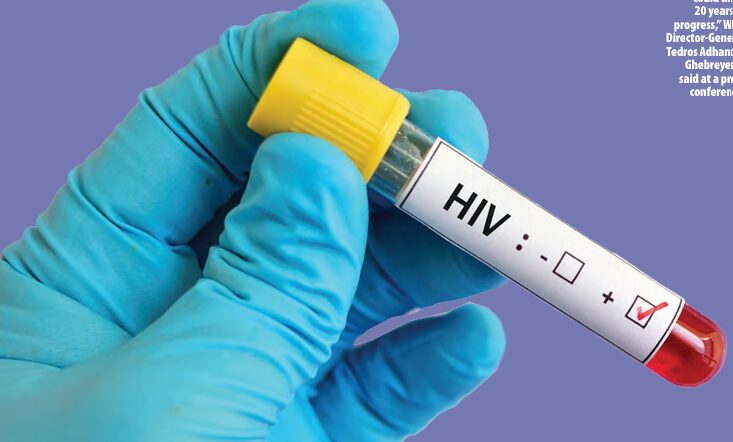There Could be 2,000 New HIV Infections a Day After US Aid Cut

There could be 2,000 new HIV infections a day across the world and a ten-fold increase in related deaths if funding frozen by the United States is not restored or replaced, the United Nations Aids agency said last week.
President Donald Trump put almost all US foreign aid on hold upon taking office on January 20. Days later, the State Department released a statement that life-saving HIV work under the President’s Emergency Plan for AIDS Relief (PEPFAR) would continue. But the disruption to health funding and the impact on broader services were having a devastating effect on people living with HIV/Aids, UNAIDS executive director Winnie Byanyima told reporters in Geneva. “This sudden withdrawal of US funding has been shutting down many clinics, laying off thousands of health workers. This means that we expect to see new infections rise. UNAIDS has estimated that we could see 2,000 new infections every day,” she said. Byanyima said the figures were based on UN modelling, but did not provide more details on how the estimates were reached.
The U.S. delegation in Geneva did not immediately respond to a request for comment from Reuters.
Byanyima said that if UNAIDS, which coordinates the global response to preventing and treating HIV/AIDS, received $50 million in core funding last year from the U.S., representing 35% of the UN agency’s budget. The World Health Organisation (WHO) had warned that the Trump administration’s decision to pause U.S. foreign aid has “substantially disrupted” the supply of HIV treatments in eight countries, which could soon run out of these life-saving medicines. WHO said that Haiti, Kenya, Lesotho, South Sudan, Burkina Faso, Mali, Nigeria and Ukraine could exhaust their supply of HIV treatments in the coming months. “The disruptions to HIV programmes could undo 20 years of progress,” WHO Director-General Tedros Adhanom Ghebreyesus said at a press conference. He added that this could lead to over 10 million additional HIV cases and three million HIV-related deaths. Efforts to tackle HIV, polio, malaria and tuberculosis have been impacted by the U.S. foreign aid pause implemented by President Donald Trump shortly after he took office in January.
The WHO-coordinated Global Measles and Rubella Laboratory Network, with over 700 sites worldwide, is also facing an imminent shutdown, the agency said.
(The East African)

